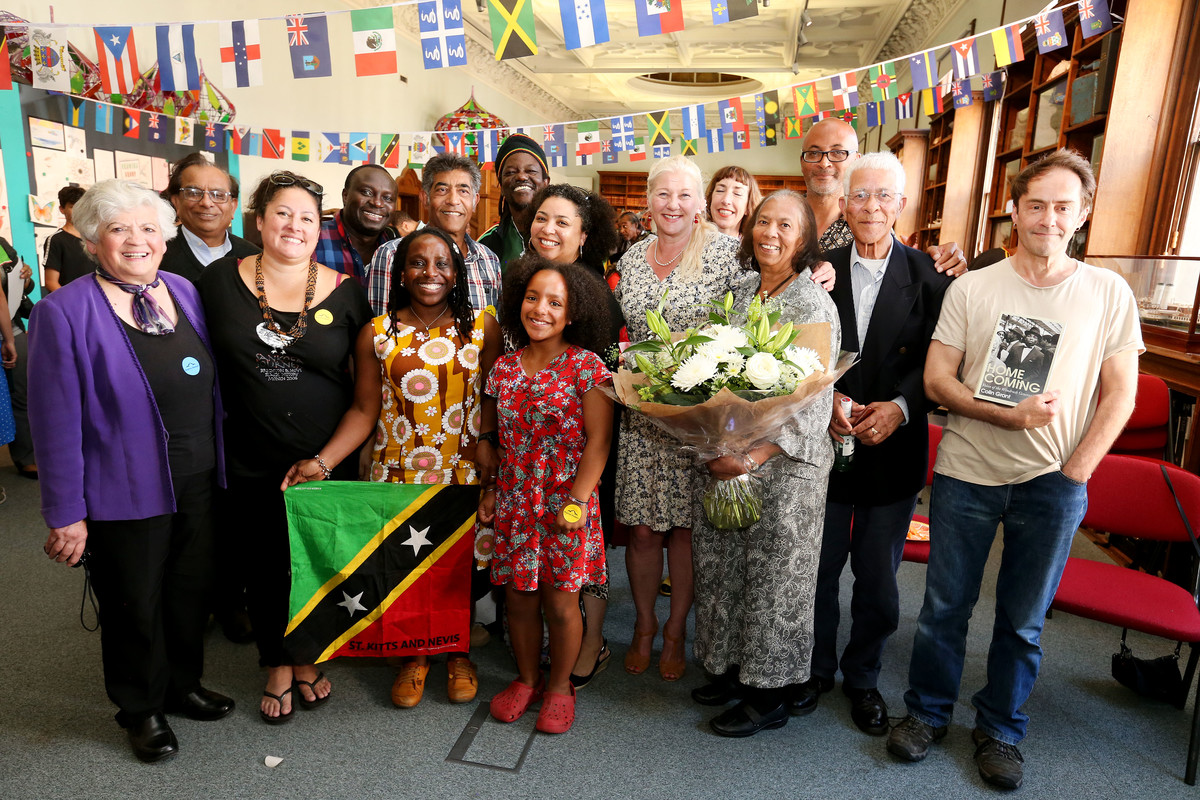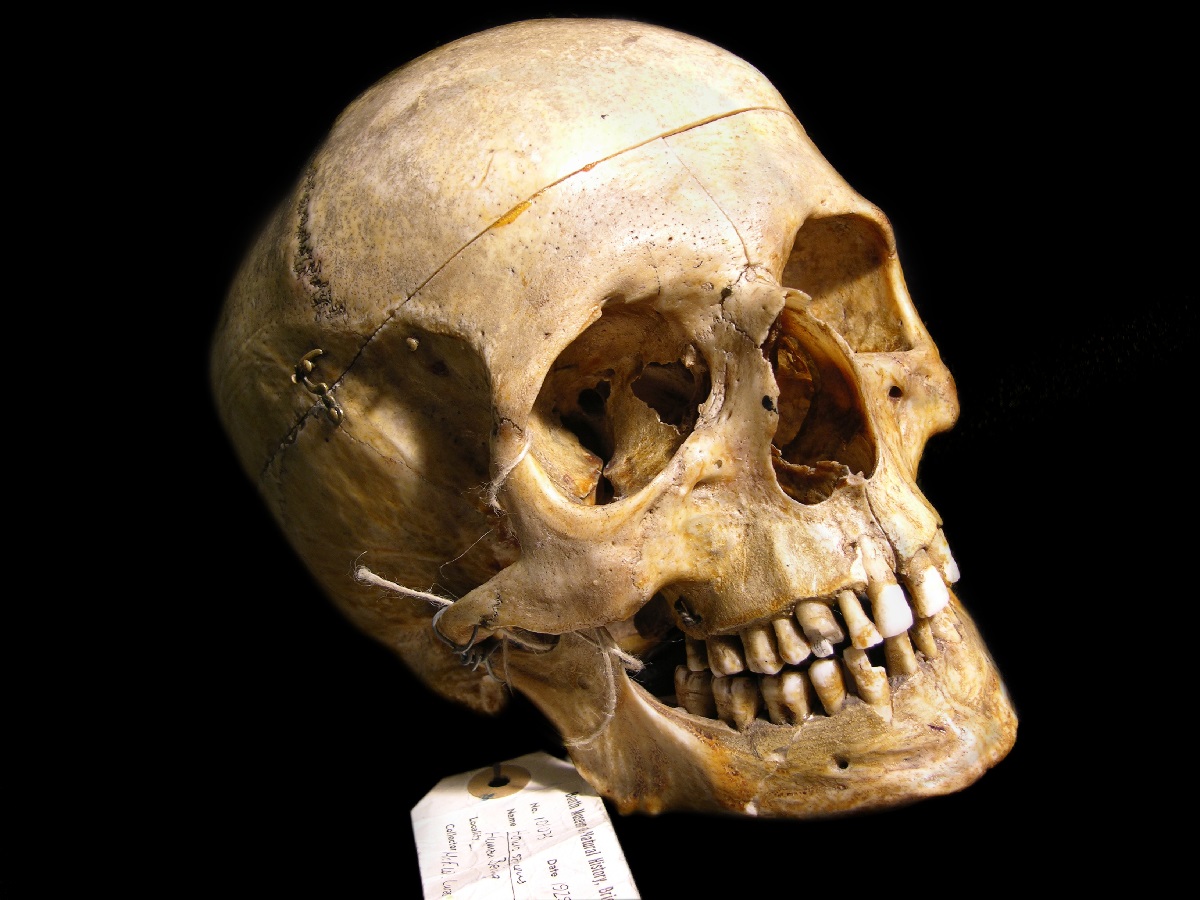Chagossian Voices
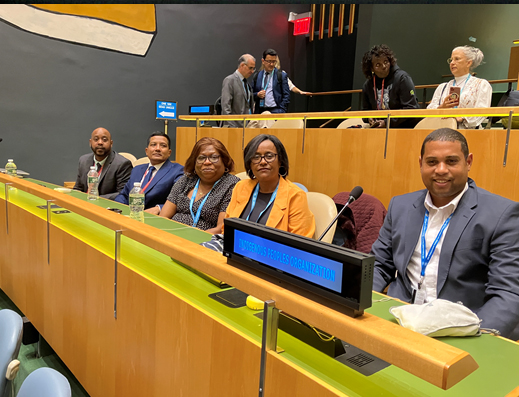
Traditionally, history has been taught from an overwhelmingly upper class, male, white perspective. Our Culture Change project at B&HM is about telling the stories of all of us who made – and continue to make – history, not just those at the top of society. It means examining history from different perspectives and hearing directly from the people who lived or are living that history.
In seeking to uncover a relatively unknown history – that of the Chagossians, a sizeable population of whom live here in Sussex – we approached Frankie Bontemps, Chair of Chagossian Voices.
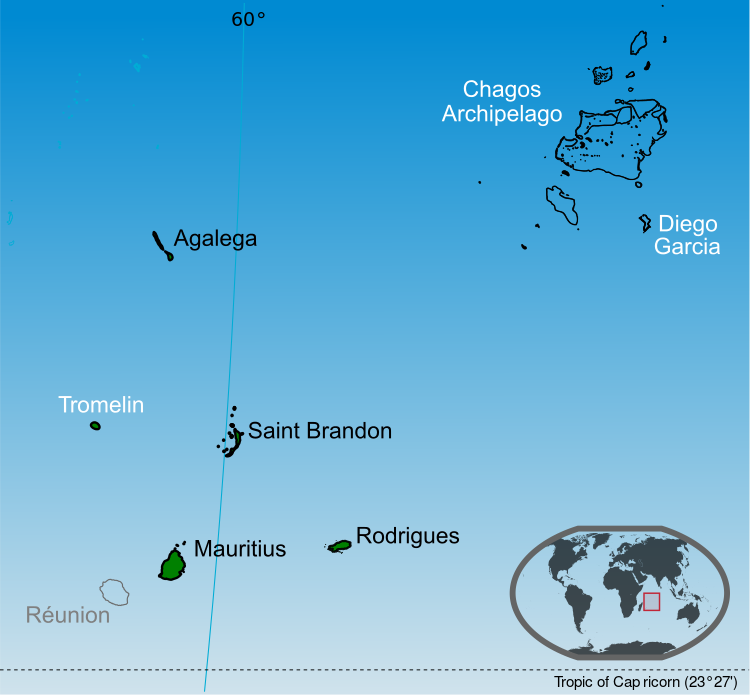
A Brief History of the Chagossians in Crawley
by Frankie Bontemps. Chair, Chagossian Voices
About 4,000 Chagossians live in Sussex – nearly half of the worldwide diaspora. Who are the Chagossians and why are we in Sussex? The Chagossians are an exiled people from the Chagos Archipelago and their descendants. The Chagos islands were depopulated and all Chagossians forcibly removed by the United Kingdom between 1968 and 1973, to make way for a US military airbase on the largest island, Diego Garcia. Chagossians – now numbering at least 10,000 – are mainly divided between Mauritius, the Seychelles and the UK with the majority living in and around Crawley and a smaller population in Manchester.
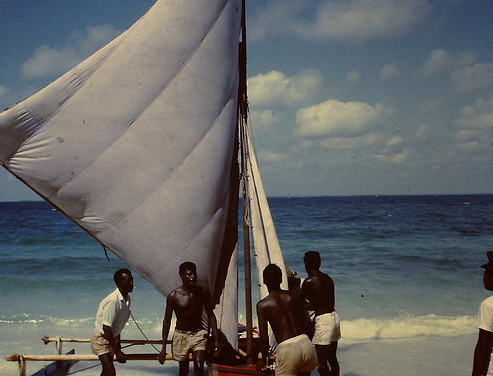
Nestled in the pristine waters of the Indian Ocean, between Africa and Indonesia, lies the Chagos Archipelago, a group of around 60 coral atolls, home to the Chagossians, whose ancestors were brought from Africa as slaves at the end of the 18th century by French settlers. Between 1968 and 1973, the British and US governments, with the collaboration of Mauritian politicians, forced the entire population of the Chagos Islands into exile in Mauritius and The Seychelles. The motive behind this forceful displacement was primarily to pave the way for the construction of a US military base on Diego Garcia, the largest island in the archipelago.

The Chagossian people embarked on a challenging journey marked by resilience and fortitude. Stranded in Mauritius and The Seychelles without any comprehensive integration plan, we encountered discrimination and were often relegated to second-class status. The transition from our homeland was riddled with hardships as we grappled with the loss of our homes, our way of life, and the erosion of our culture and our Chagossian identity.
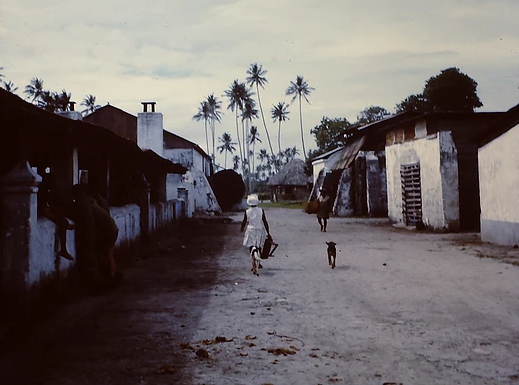
In 2002 those born on Chagos and some of their children were belatedly granted full UK citizenship and right of abode in the UK. Seeking better opportunities and a stable future, a significant number of Chagossians made their way to the UK, landing at Gatwick Airport and finding employment and opportunities in the surrounding area. As more families have arrived this has led to a notable community presence in Crawley, West Sussex. If you visit Crawley, you will be sure to hear our French based Kreol language on the streets. However, the initial migration posed immense challenges, with the lack of support for integrating into British society. The first groups faced hardship, even resorting to sleeping at Gatwick for weeks until authorities provided assistance.
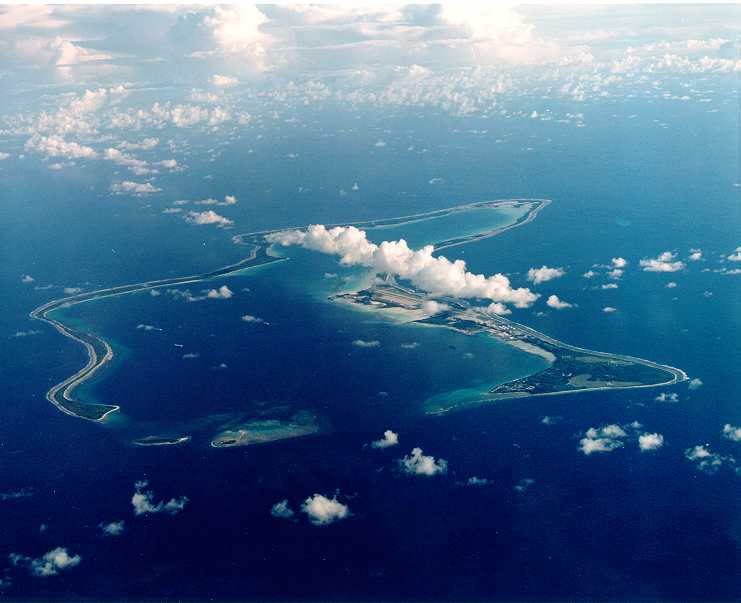
Today, Crawley is home to one of the largest Chagossian communities globally and we contribute vibrancy to Crawley’s rich cultural mosaic. Despite the initial challenges, we tirelessly work to preserve our traditions and culture, striving to keep the rich tapestry of Chagossian heritage alive. The Chagossians have been the victims of a major violation of their human rights by the countries involved in our exile and we still campaign for and await justice, restitution and a return to our islands.
Meet the Chagossians
Hear more about their story on Saturday 23rd March 2024. Tickets £5.
Tipti and Nu La Music perform during the Family Day Take Part event held at the Dome and Brighton Museum & Art Gallery. 11th November 2023


